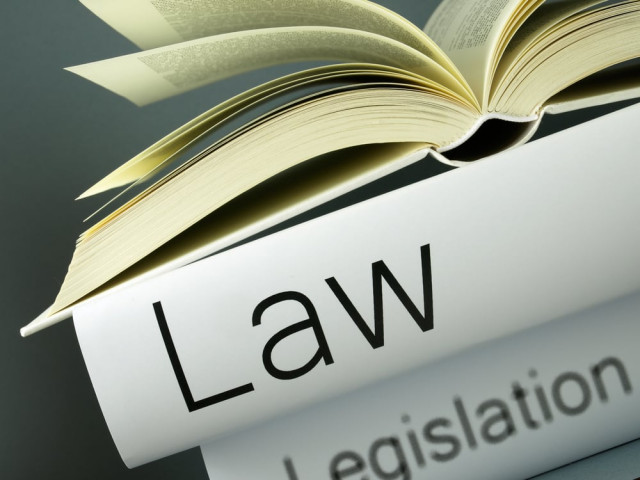Uploading laws online: Punjab, K-P seek time for translating laws into Urdu
SC to set a deadline for the process next week

SC to set a deadline for the process next week. STOCK IMAGE
The provincial governments of Punjab and Khyber-Pakhtukhwa (K-P) have informed the Supreme Court that they require up to four years for the translation of key laws into Urdu before they could be published online.
On Thursday, a three-member bench of the top court, headed by Justice Jawwad S Khawaja, took up the suo motu case regarding the errors that have appeared in legal journals. The mistakes have been spotted in various books related to Contract Act 1872, Manual of Intellectual Property Laws, Printing Ordinance 2000 and Punjab Consumer Protection Laws, among others.
Earlier this week, the court directed the provincial law secretaries to ensure all constitutional amendments, acts, ordinances, rules, regulations, bylaws and other statutory instruments are made available on the websites of law departments with a translation in Urdu. Subsequently, in a report submitted before the court, Punjab Law Secretary Syed Abdul Hassan Najmee said: “At the moment, the law department has no expertise for the translation of principal legislation into Urdu.”
The report said a committee would be constituted within a week to achieve the mammoth task of translation, adding that the panel will also be tasked to submit the feasibility report within two months following which the matter will be referred to the chief minister for approval.
“The translation of existing laws in Urdu will be outsourced to a consultant through open competition,” the report said. It added that a precise timeline for the translation of laws to Urdu can be specified only after the consultant’s recommendations.
About uploading key laws on the website, the Punjab law department said that all provincial statutes have already been published online and are updated on a regular basis.
In its report, the Punjab law department also assured the court that the provincial legal code would be published on its website within four months.
“The departments have been requested to provide an authentic version (in word format) of the relevant legislations along with the printed copies of the rules and their amendments,” it said. Similarly, submitting a timeline for the process, K-P Law Secretary Muhammad Arifeen informed the court that translation of principal legislation and its publication on the law department’s website might take up to five years.
The report further stated that statues dating back to 1798 till 1987 have already been published in Codes. The statues from 1988 to 2014 are to be categorized within three years.
The court was told that two committees have been formed to complete the task. After going through the reports submitted by the provincial governments, the bench is expected to set a deadline for the completion of the translation process next week.
Published in The Express Tribune, January 25th, 2015.



















COMMENTS
Comments are moderated and generally will be posted if they are on-topic and not abusive.
For more information, please see our Comments FAQ